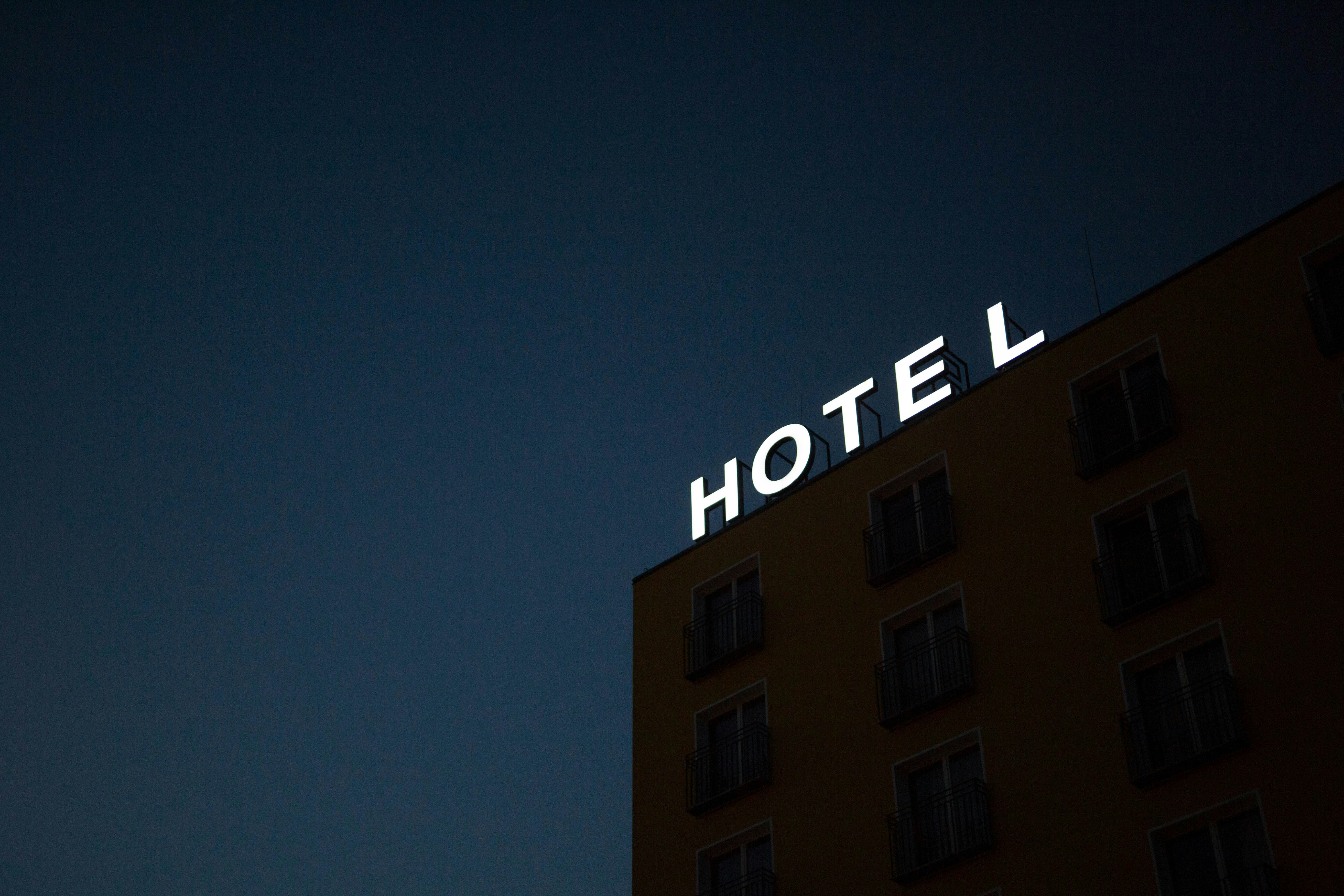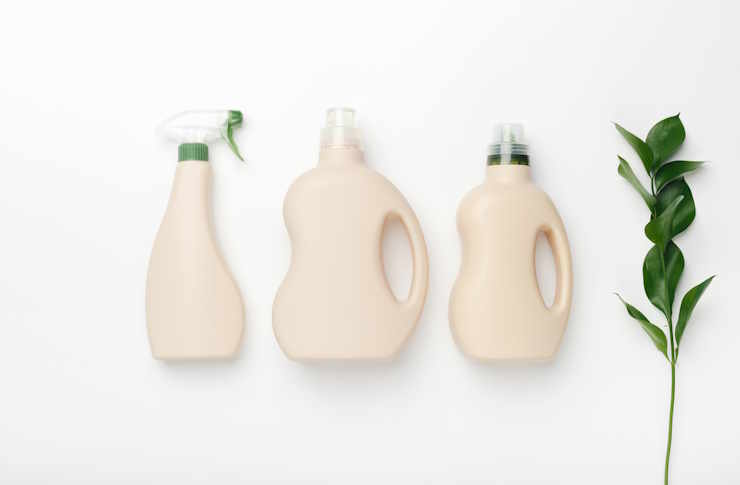Dubai Hotel Job Market: Careers & Compensation Guide
Dubai's hotel industry stands as one of the emirate's most dynamic employment sectors, offering diverse career opportunities across luxury resorts, business hotels, and boutique establishments. The city's position as a global tourism and business hub creates substantial demand for hospitality professionals at all levels. This comprehensive guide explores the various career paths, compensation structures, and employment benefits available in Dubai's thriving hotel sector, providing general industry insights rather than specific job listings.

What Types of Positions Exist in Dubai’s Hotel Industry?
Dubai’s hotel industry encompasses a broad spectrum of career opportunities across multiple departments and expertise levels. Front-of-house positions include guest relations officers, concierge staff, front desk associates, and guest services managers who directly interact with visitors. Food and beverage operations offer roles such as restaurant managers, bartenders, sommelier positions, and banquet coordinators.
Back-of-house operations provide opportunities in housekeeping supervision, maintenance engineering, security coordination, and facilities management. Executive-level positions include general managers, director of sales and marketing, revenue managers, and human resources directors. Specialized roles have emerged in areas like digital marketing, sustainability coordination, and guest experience management, reflecting the industry’s evolution toward technology integration and environmental consciousness.
The industry also offers seasonal and part-time opportunities, particularly during Dubai’s peak tourism seasons from October through April. Entry-level positions often serve as stepping stones to management roles, with many hotels providing structured career advancement programs for ambitious professionals.
Understanding Compensation in Dubai’s Hotel Industry
Compensation structures in Dubai’s hotel industry vary significantly based on position level, hotel classification, experience, and nationality. Entry-level positions typically offer salaries ranging from AED 2,000 to AED 4,000 monthly, while mid-management roles generally command AED 8,000 to AED 15,000 per month. Senior management positions can reach AED 20,000 to AED 40,000 monthly, with executive roles at luxury properties potentially exceeding AED 50,000.
International hotel chains often provide higher compensation packages compared to independent properties, reflecting their global standards and brand positioning. Five-star and luxury establishments typically offer premium salary structures, while three and four-star properties may provide more modest compensation with additional performance incentives.
Experience plays a crucial role in determining salary levels, with specialized skills in revenue management, digital marketing, or luxury service commanding premium rates. Language proficiency, particularly in Arabic, English, and other international languages, can significantly impact earning potential in guest-facing roles.
| Position Level | Monthly Salary Range (AED) | Typical Benefits | Career Growth Potential |
|---|---|---|---|
| Entry Level | 2,000 - 4,000 | Basic accommodation, meals | High with training programs |
| Supervisory | 4,000 - 8,000 | Enhanced benefits, development opportunities | Moderate to high |
| Management | 8,000 - 20,000 | Comprehensive packages, leadership training | High with specialization |
| Senior Executive | 20,000 - 50,000+ | Premium benefits, equity options | Specialized advancement |
Prices, rates, or cost estimates mentioned in this article are based on the latest available information but may change over time. Independent research is advised before making financial decisions.
Common Benefits in Dubai’s Hotel Industry
Dubai’s hotel industry typically provides comprehensive benefit packages that extend beyond basic salary compensation. Accommodation assistance represents one of the most valuable benefits, with many properties offering shared housing or housing allowances ranging from AED 1,000 to AED 3,000 monthly, depending on position level and hotel policy.
Meal provisions are standard across most hotel positions, with staff restaurants offering complimentary or subsidized dining during work shifts. Transportation allowances or company-provided shuttle services help employees navigate Dubai’s extensive metropolitan area. Health insurance coverage is mandatory under UAE labor law, with many hotels providing enhanced medical benefits including dental and vision care.
Professional development opportunities include internal training programs, international certification courses, and conference attendance. Many international hotel chains offer global transfer opportunities, enabling career advancement across different countries and cultural contexts. Annual leave entitlements typically range from 22 to 30 days, with additional benefits like flight allowances for expatriate employees returning to their home countries.
Performance-based incentives, service charges, and tips can significantly supplement base salaries, particularly in guest-facing roles. Some properties offer profit-sharing programs, employee recognition schemes, and discounted hotel stays at partner properties worldwide, enhancing the overall employment value proposition.
The Dubai hotel industry continues evolving as the emirate strengthens its position as a global tourism destination. Understanding these general industry standards for positions, compensation, and benefits helps professionals make informed decisions about hospitality career opportunities in this dynamic market. Success in Dubai’s hotel sector typically requires adaptability, cultural sensitivity, and commitment to service excellence, with rewards including competitive compensation and international career development prospects.




